On July 11, 2025, another art therapy session took place at the National University “Yuri Kondratyuk Poltava Polytechnic”, this time involving children with Down syndrome and their mothers.
The art therapy session was conducted by the university’s practical psychologist Olena Kryvenko and Associate Professor of the Department of Psychology and Pedagogy Maryna Teslenko, as part of the large-scale EU-funded Erasmus+ KA220-ADU project “TRUST” – Trauma of refugees in Europe: An approach through art therapy as a solidarity program for Ukraine war victims (Grant No. 2024-BE01-KA220-ADU-000257527).
The project title is decoded as follows:
TRUST
T – Trauma
R – Refugees
U – Ukraine
S – Solidarity
T – Therapy
The project is co-funded by the EU and led by the Centre Neuro Psychiatrique St-Martin from Belgium, in partnership with the National University “Yuri Kondratyuk Poltava Polytechnic” (Ukraine), Greek Carers Network EPIONI (Greece), Fondazione Don Luigi Di Liegro (Italy), Lekama Foundation (Luxembourg), EuroPlural Project (Portugal).
The goal of this art therapy session was to create a safe environment for sharing emotions, discovering inner resources, and fostering a sense of unity and mutual support.
The meeting began with an introductory movement-based exercise titled “Dance About Myself”. Each participant had the opportunity to introduce themselves to the group through simple movements and gestures set to slow music. The children and mothers showed off their favourite moves, symbolically sharing a piece of their personal story. This format helped everyone relax, reconnect with their bodies, and create an atmosphere of acceptance.
Next, participants proceeded to the “Sunshine” exercise, designed to develop teamwork skills and foster trust. A large sun was formed in the centre of the room using a yellow ribbon, with its rays held by the children and mothers as they performed various movements together. This symbolic shared creation united the participants around a common goal – to be a source of light and hope for each other.
A significant part of the session was the deep art therapy practice called “Armour”. It aimed to:
- acknowledge and process emotions and feelings
- identify personal fears
- discover inner strength
- accept one's vulnerabilities
While creating a paper figure of a woman, each mother reflected on how she feels inside – vulnerable, strong, exhausted, or full of hope. The act of shaping protective “armour” with foil symbolised their search for barriers and shields that would protect their sensitivity. This was a significant opportunity to look at themselves from the outside, to feel their “armour” not as a limitation, but as a necessary temporary support. The practice concluded with the realisation that removing the armour not only exposes one to pain but also opens up new possibilities and the truth about one's strength.
After the deep practice, participants were invited to participate in a resource-based activity called “Our Dream”. On a large sheet of paper, everyone created a collective drawing representing their shared dream. The children and mothers drew what they longed for most: a home that is always warm and safe, joyful hugs, bright flowers, travel, health, and peace. This collective artwork became a space of shared hope, bringing the group together around a positive vision of the future.
The session concluded with the exercise “Flower of Joy”. Each participant created their unique flower. Then, all the flowers were brought together into one collective composition, symbolically showing that joy and inspiration can be found even in the most difficult times.
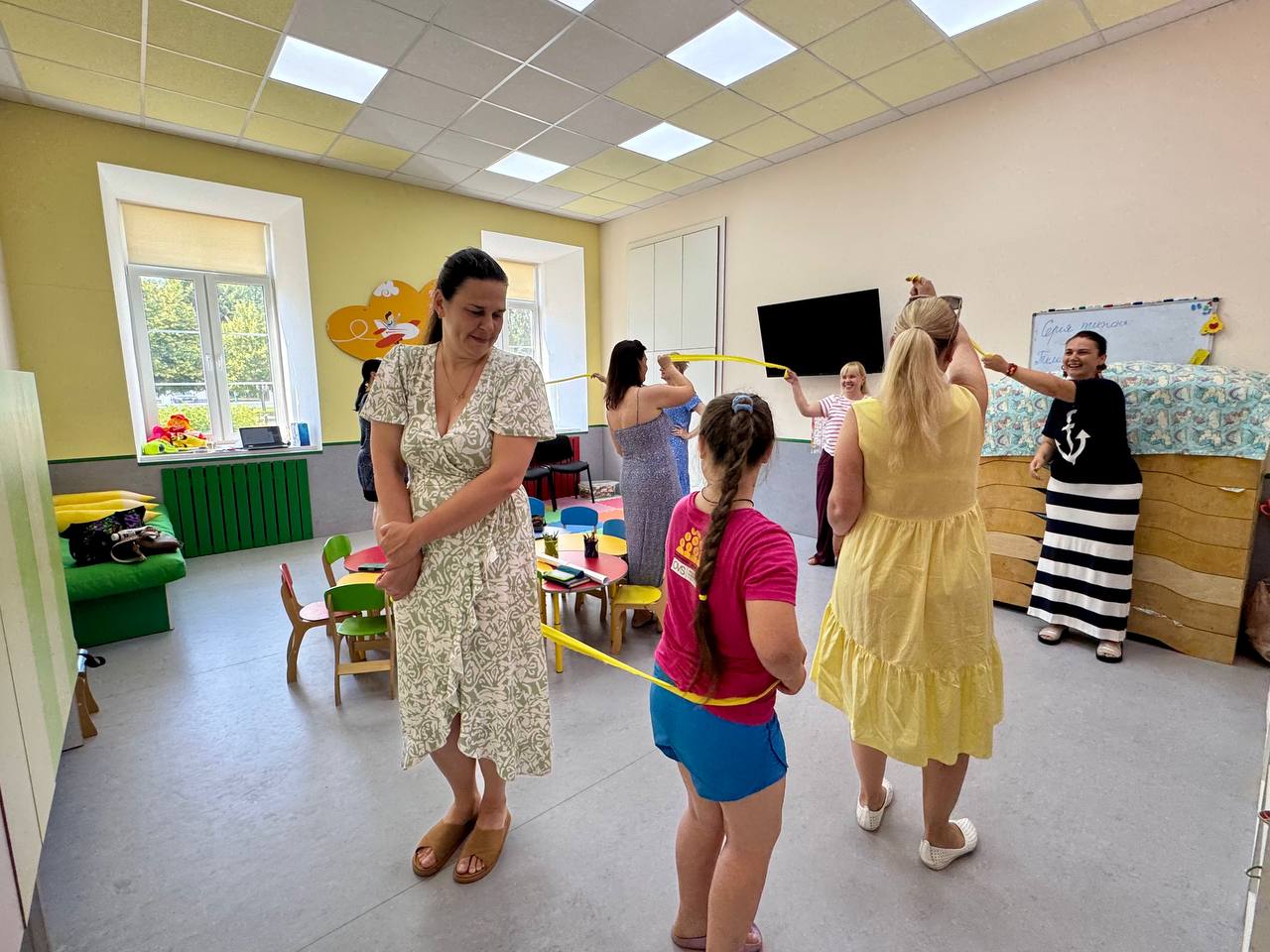
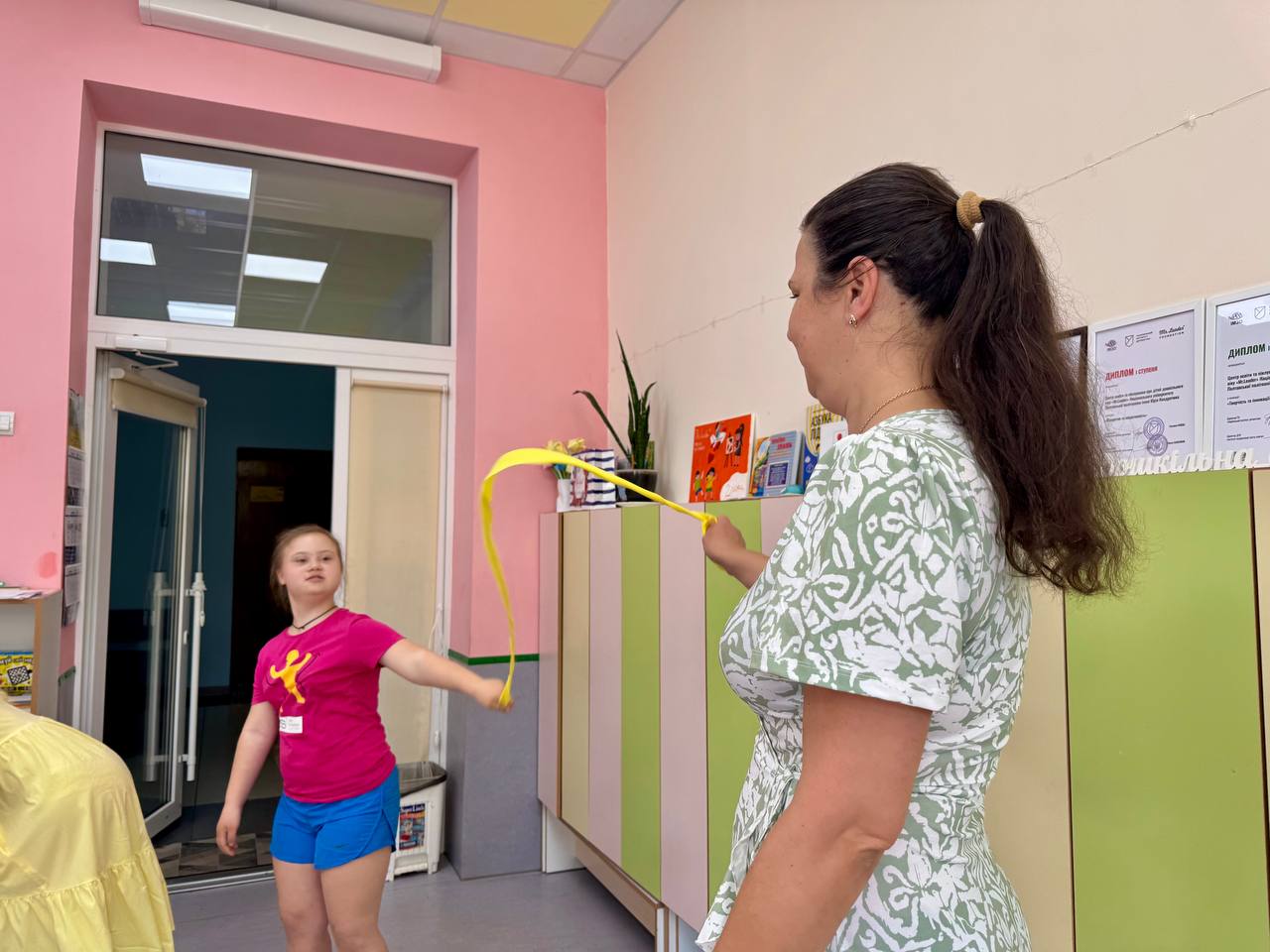
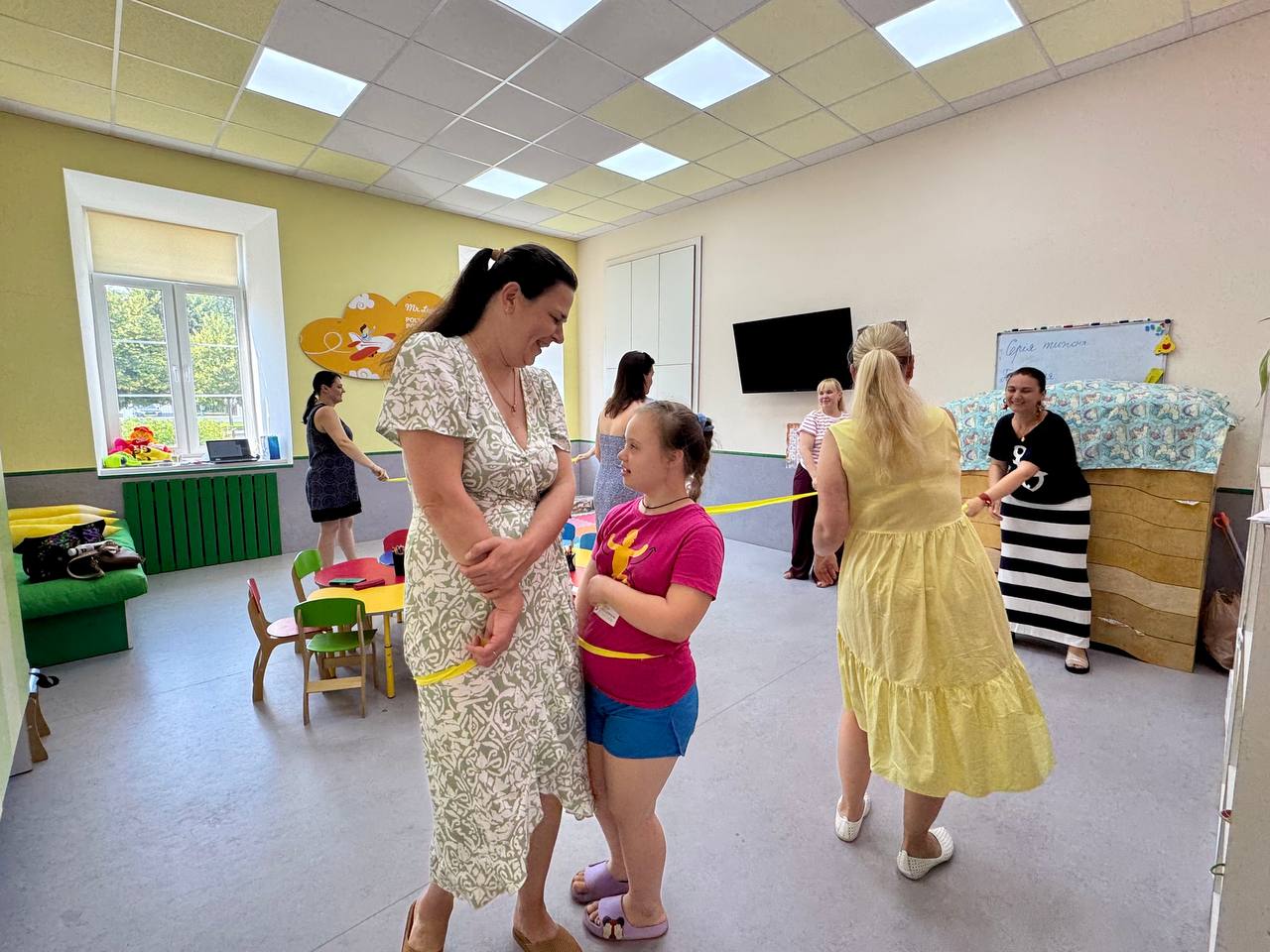
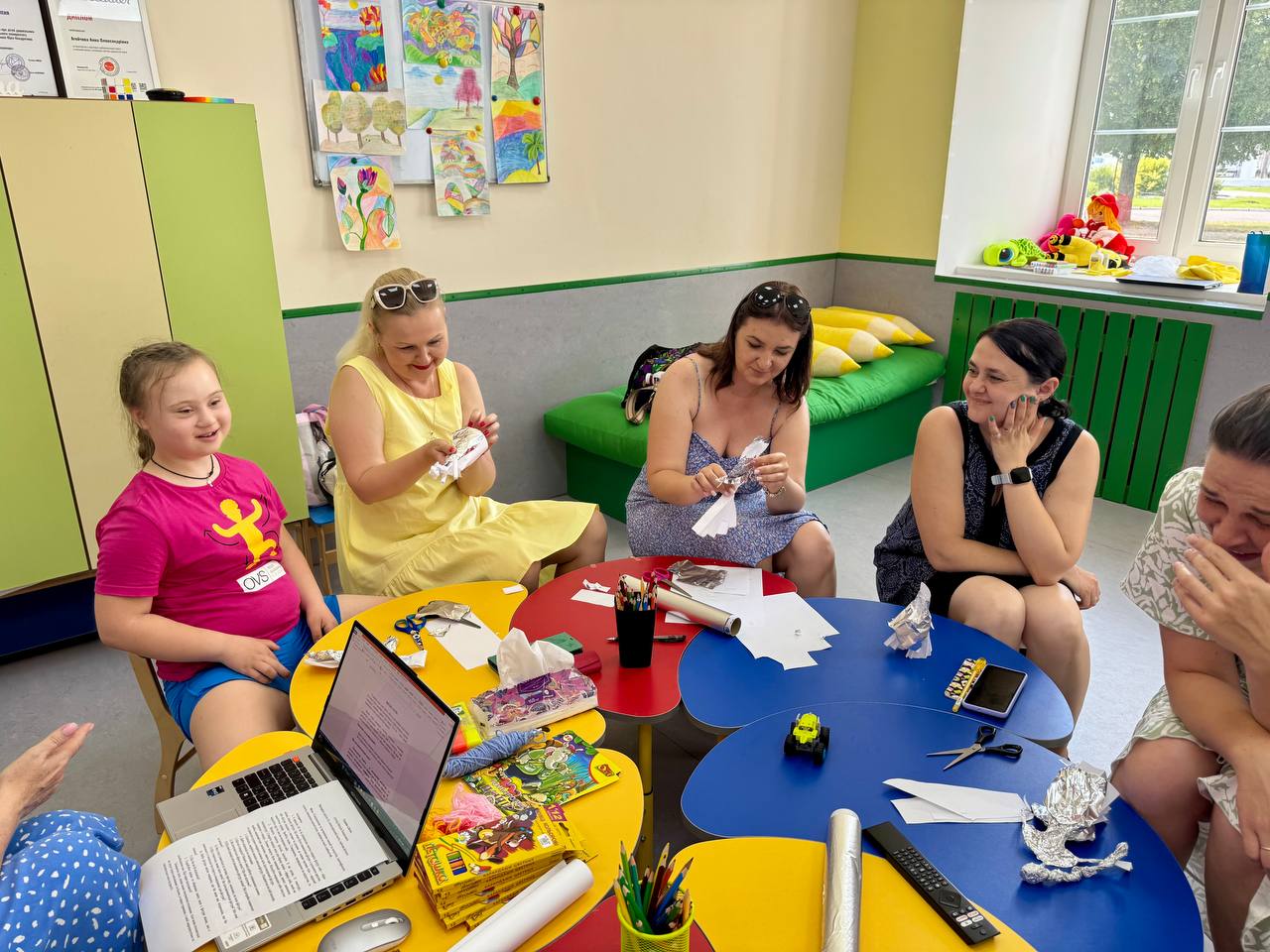
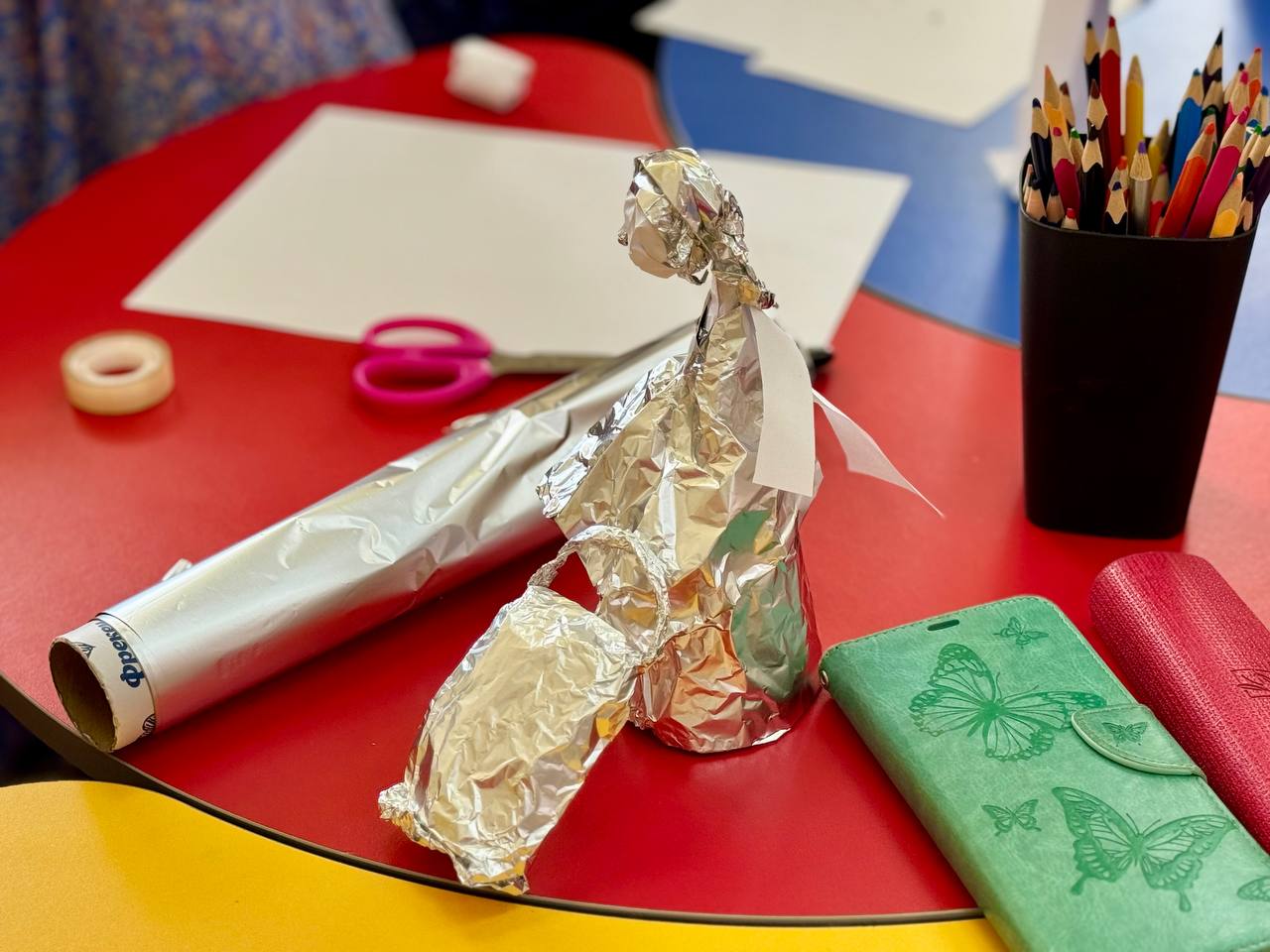
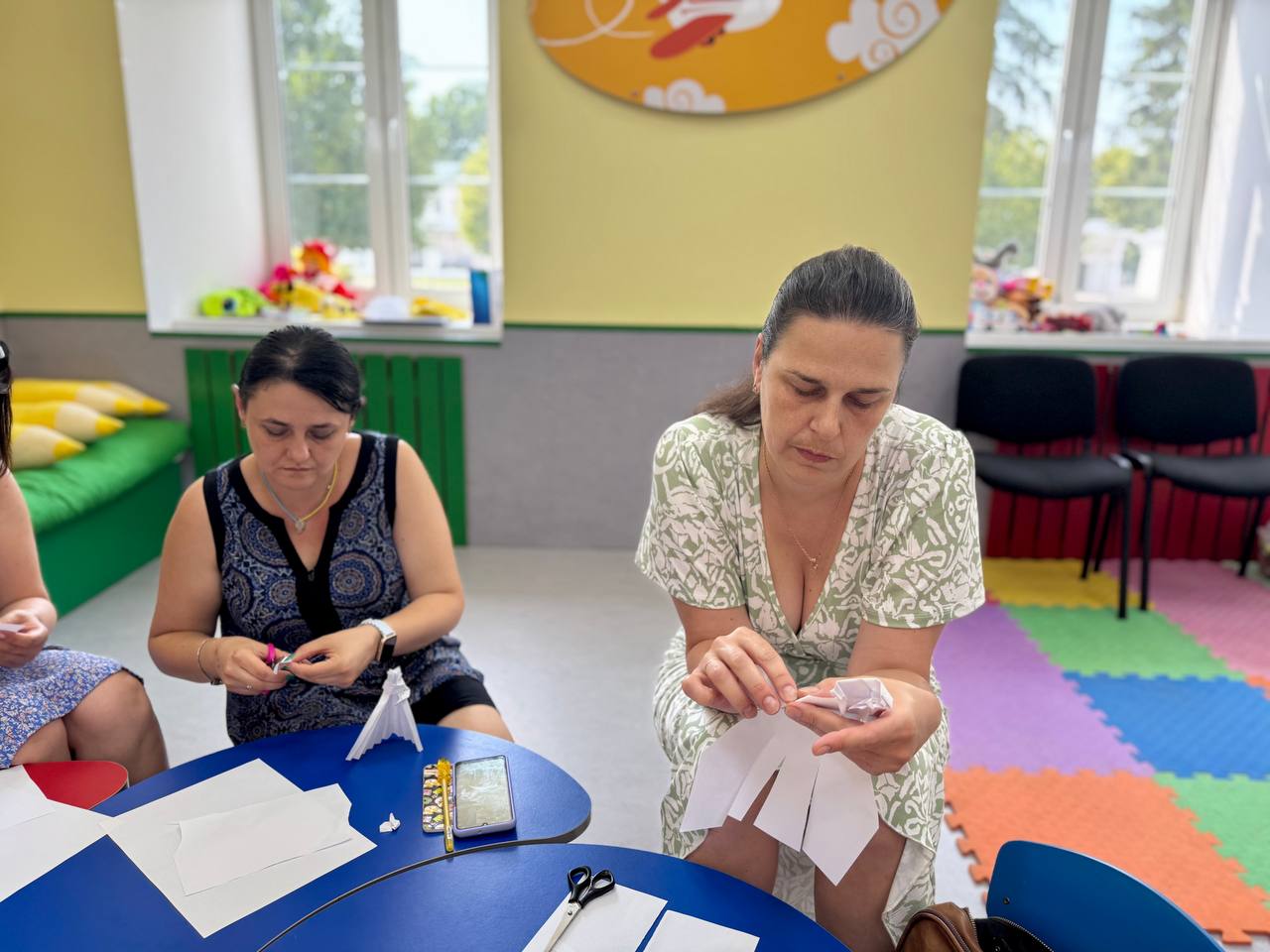
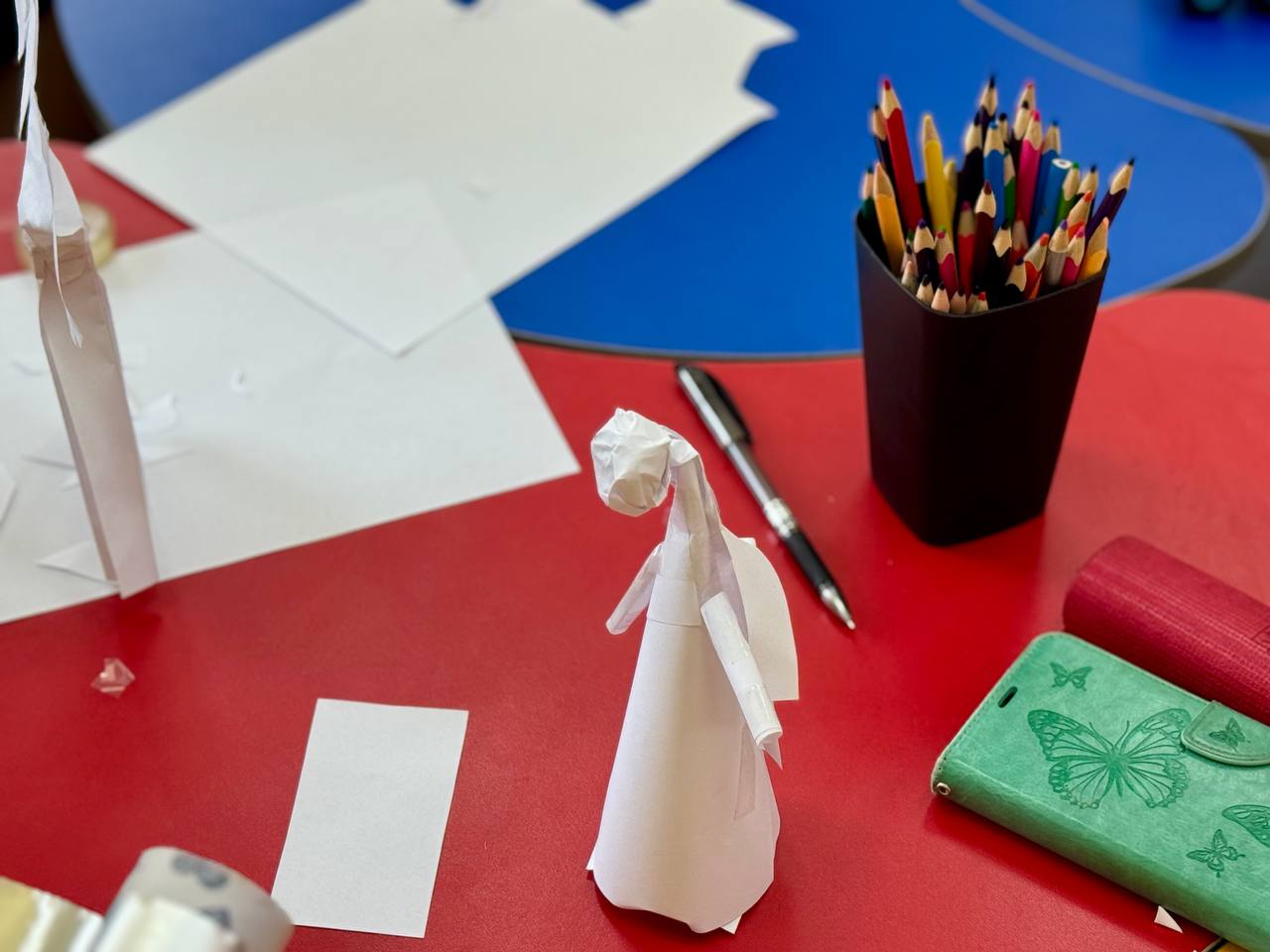
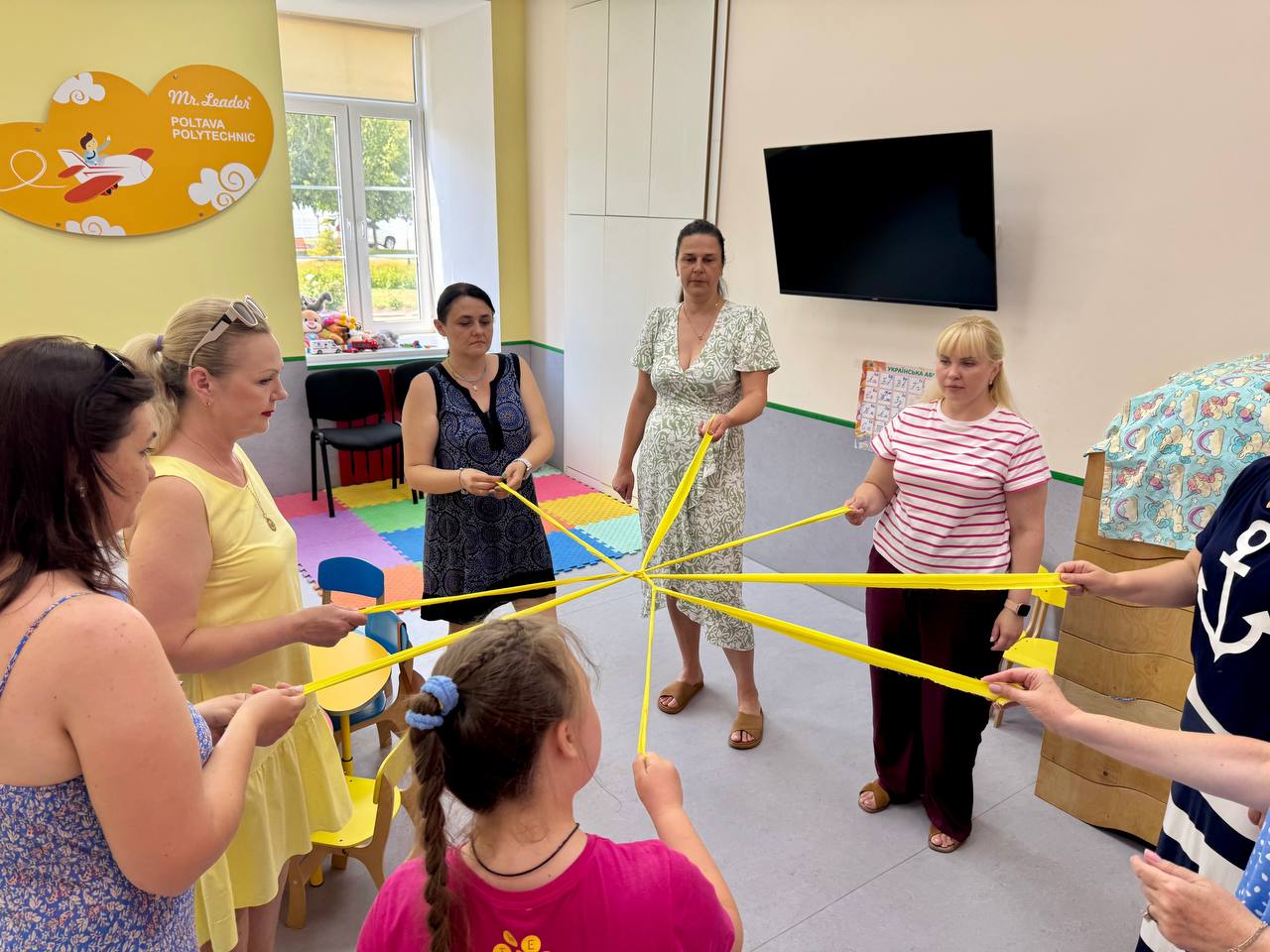
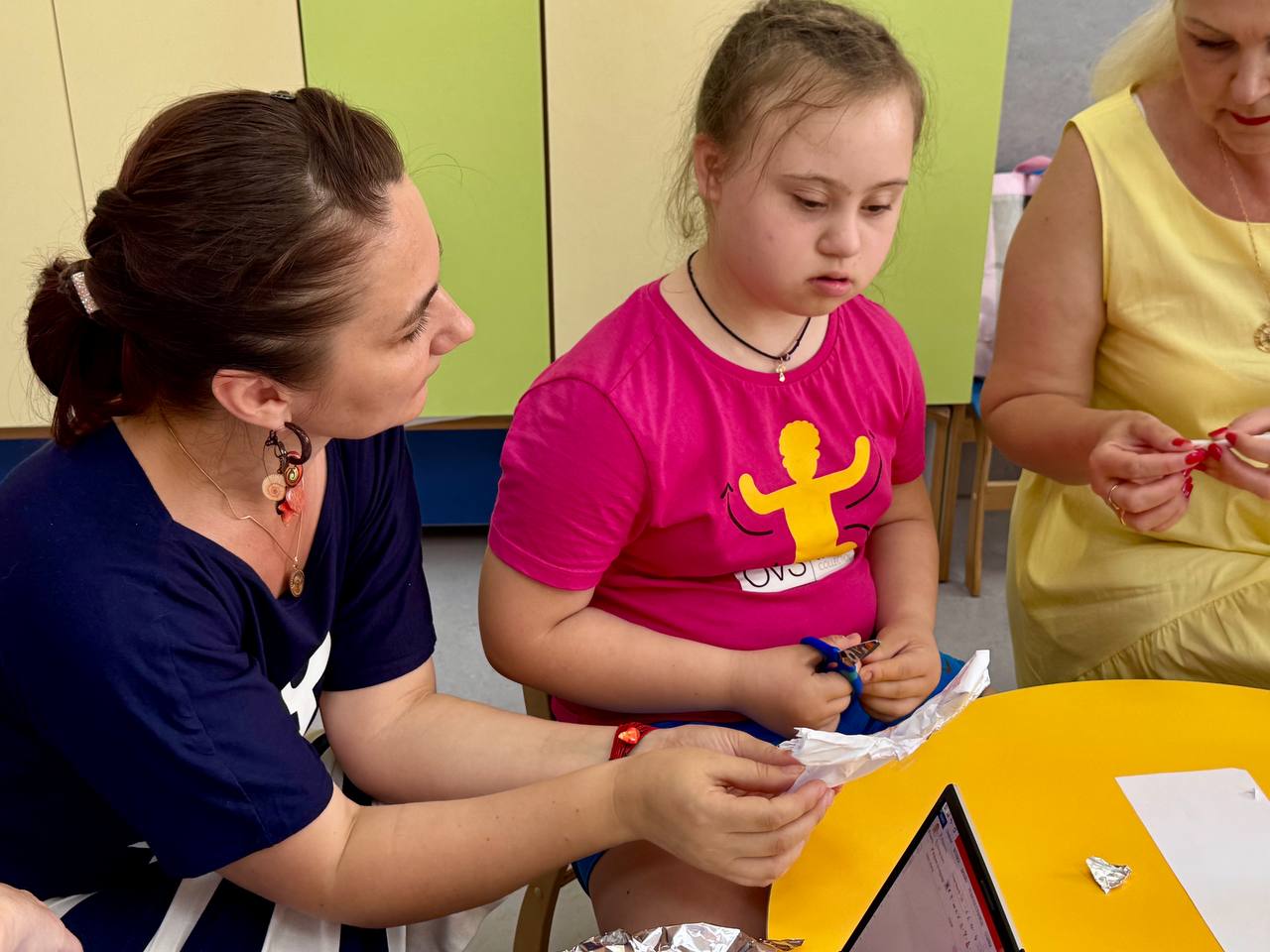
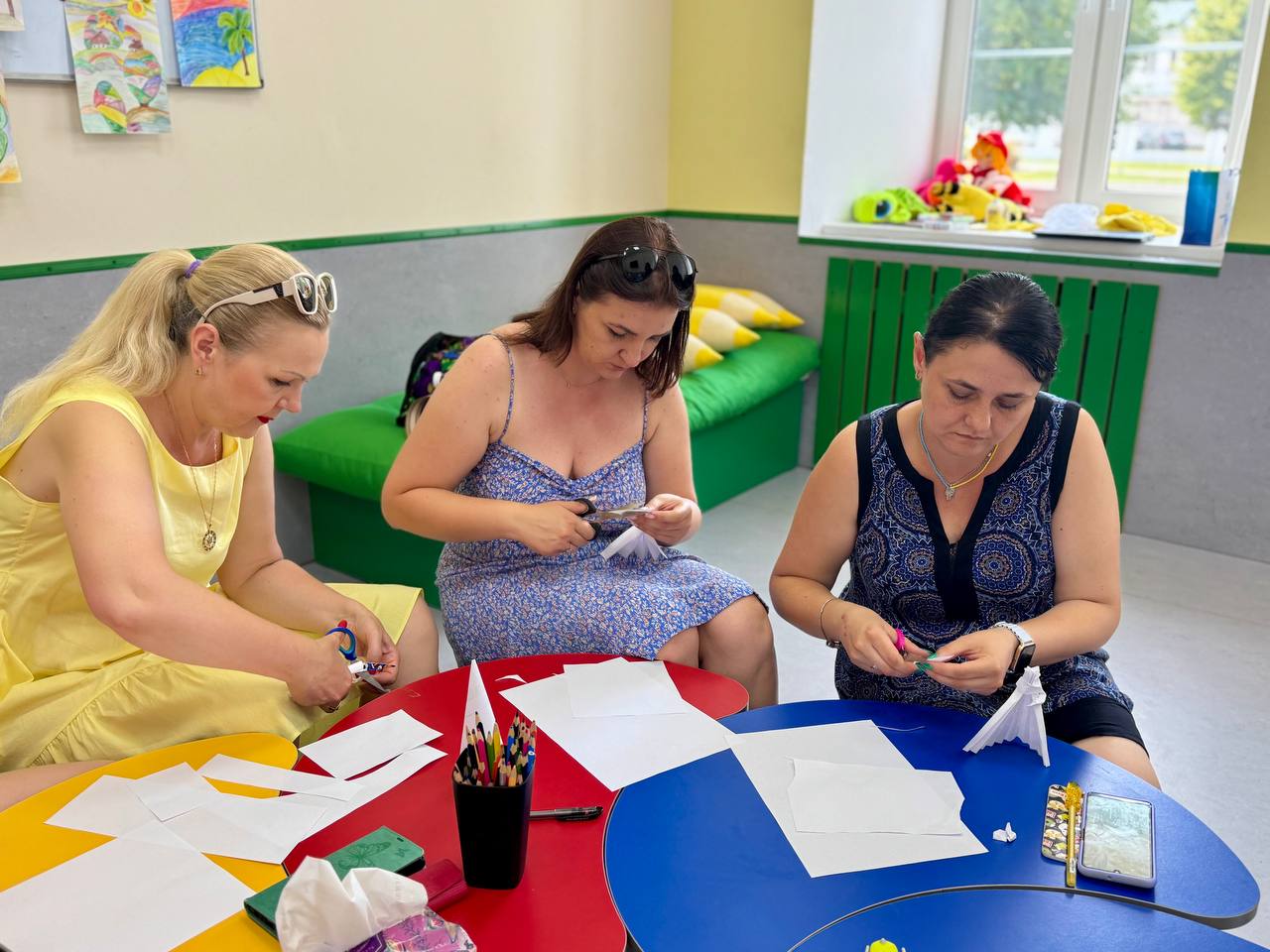
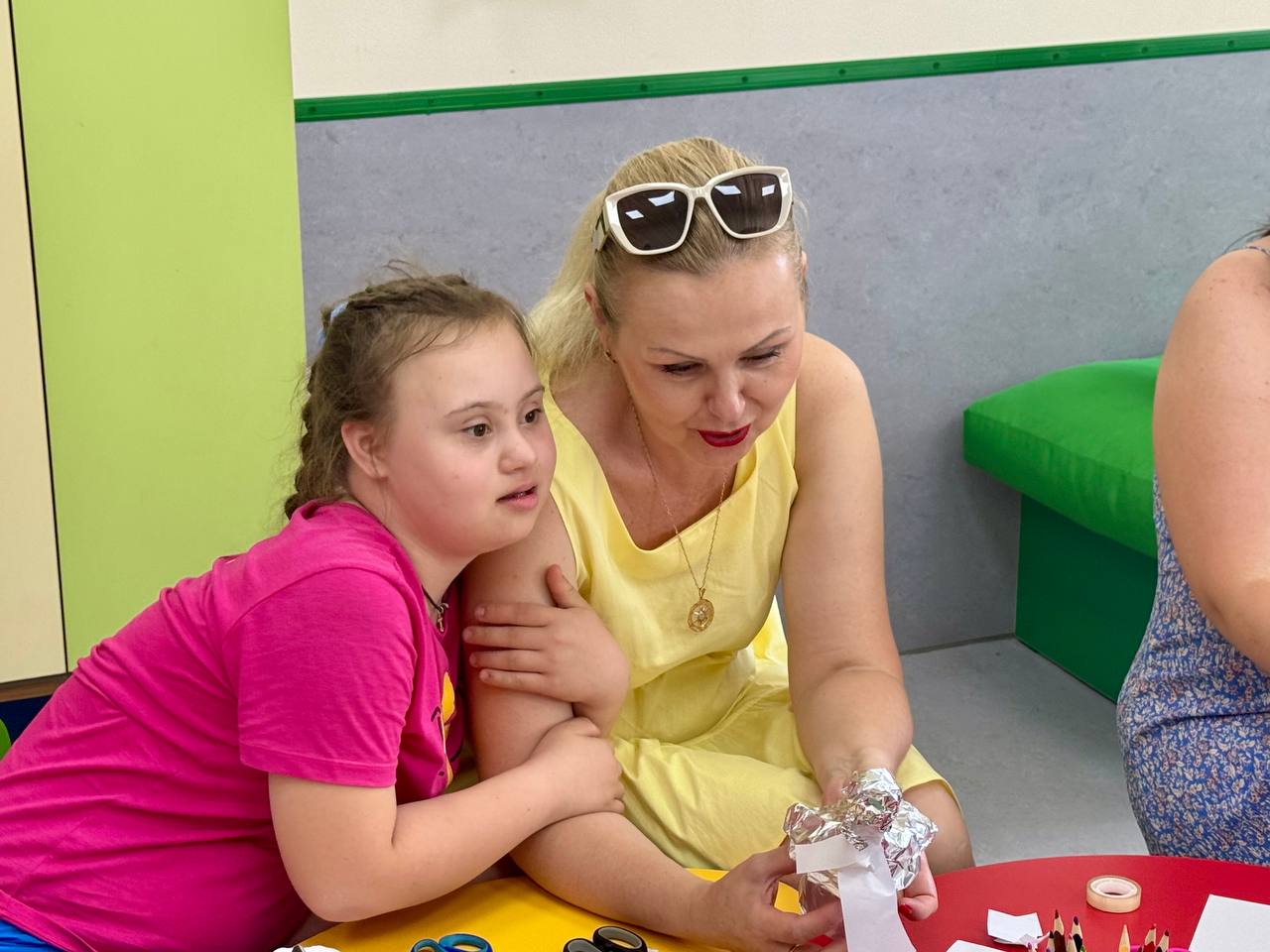
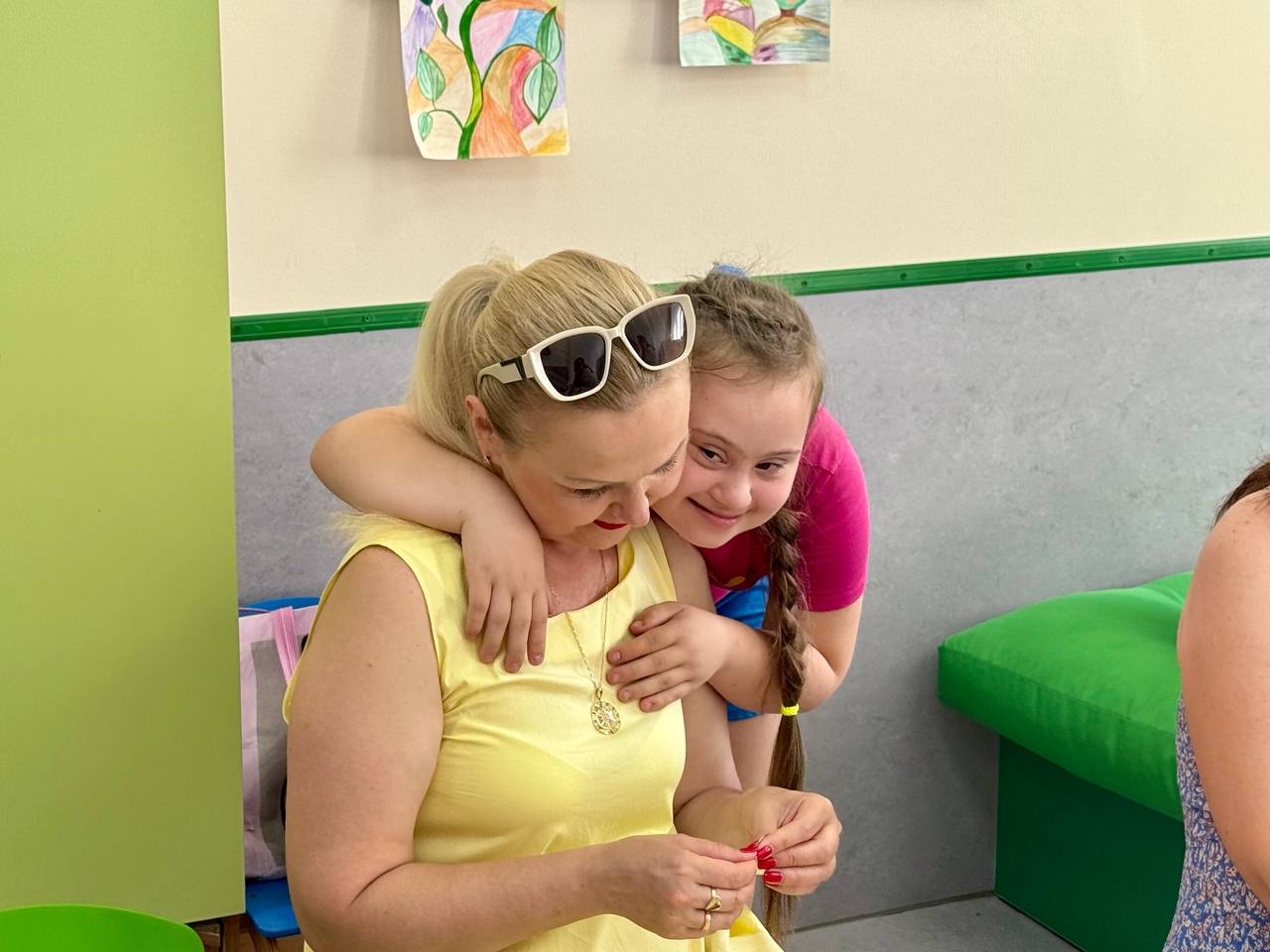
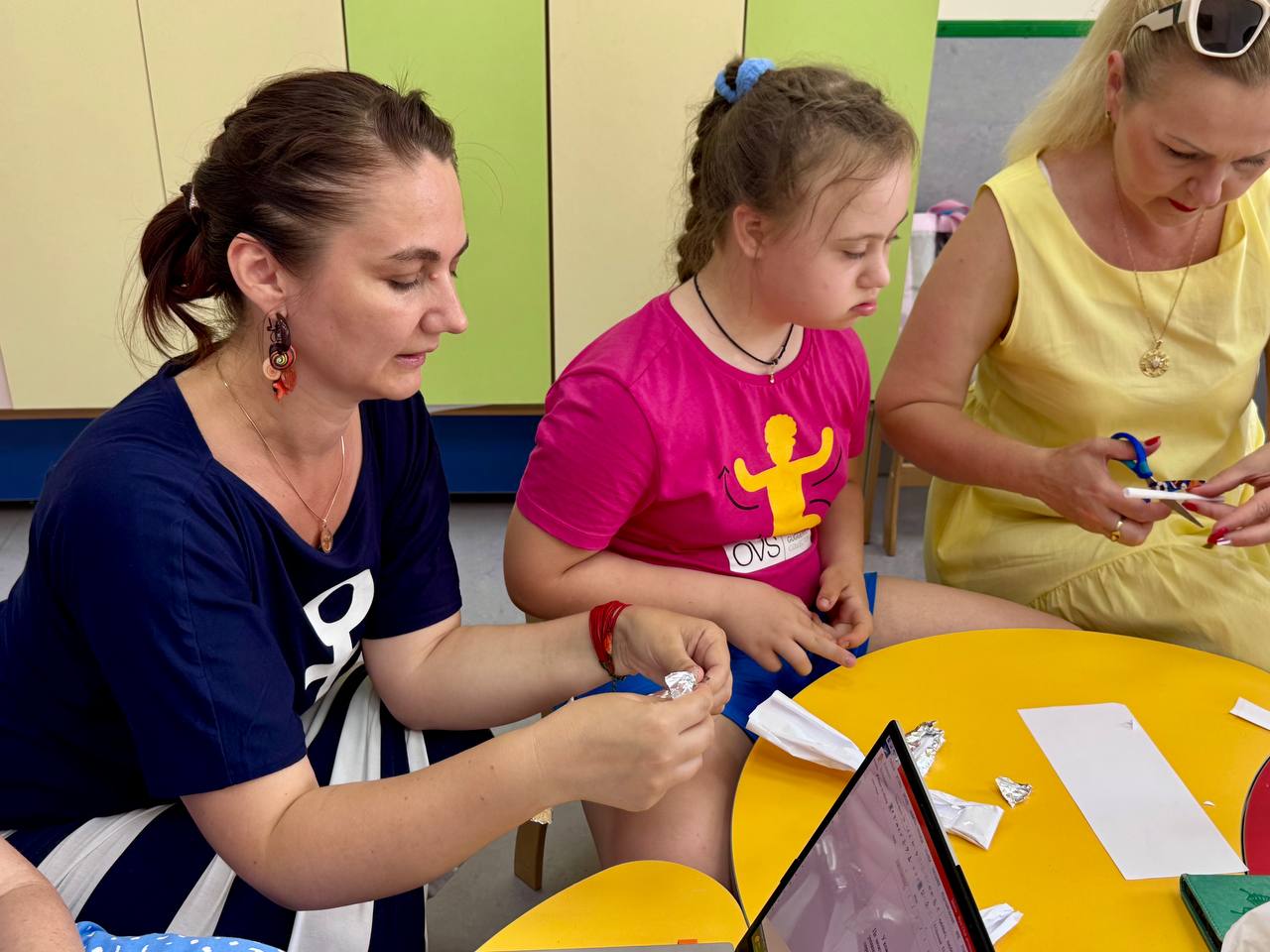
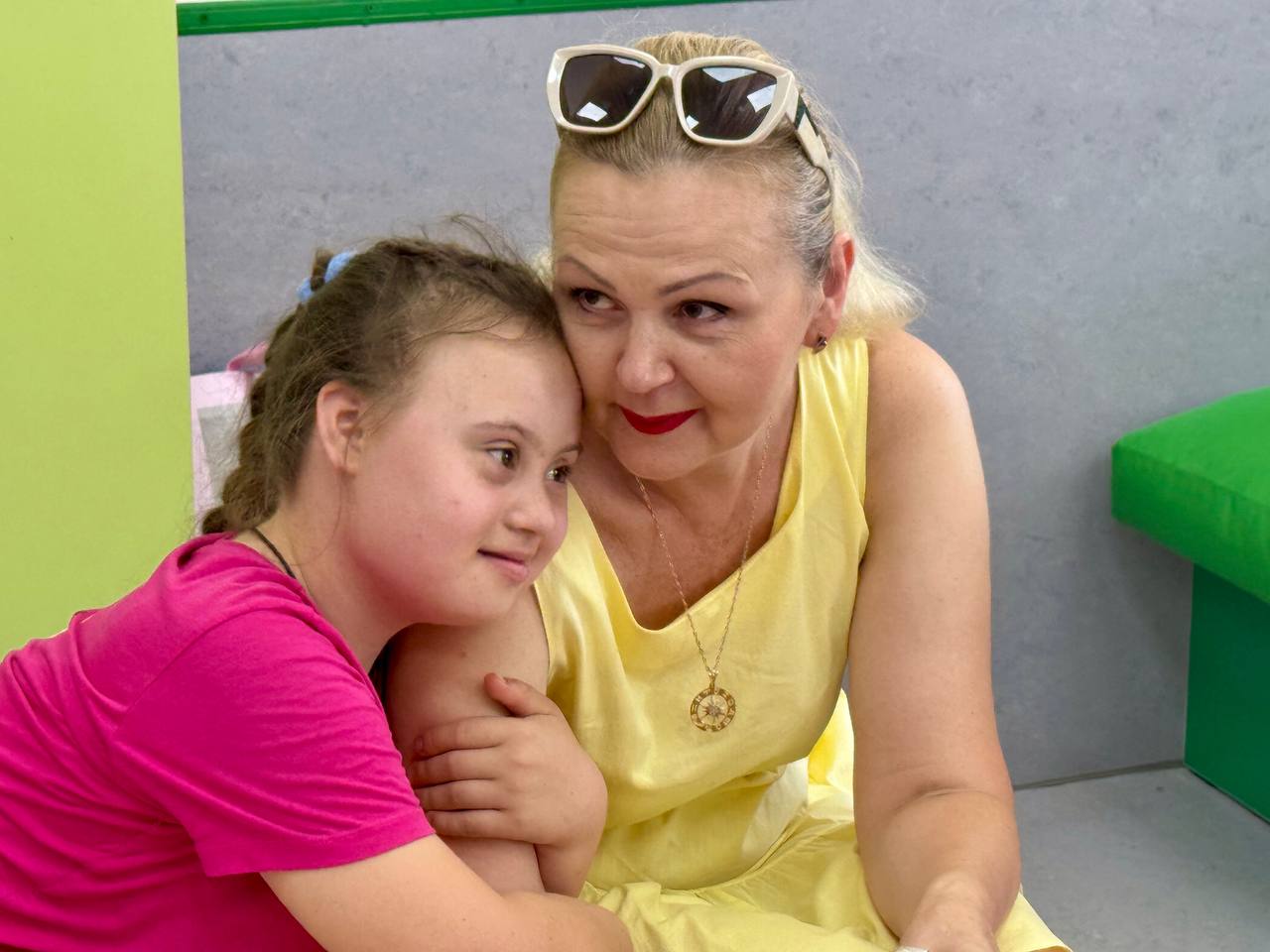
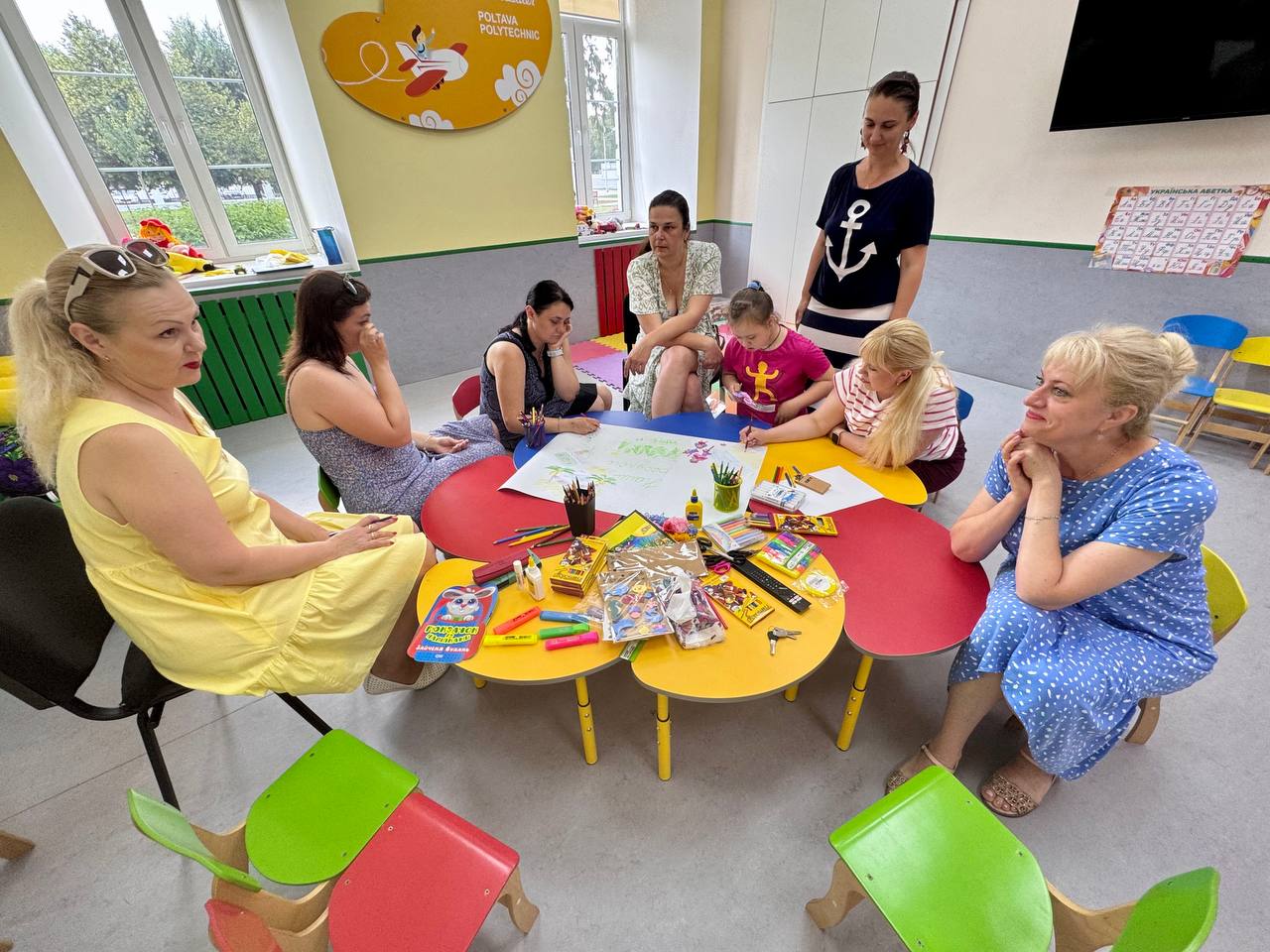
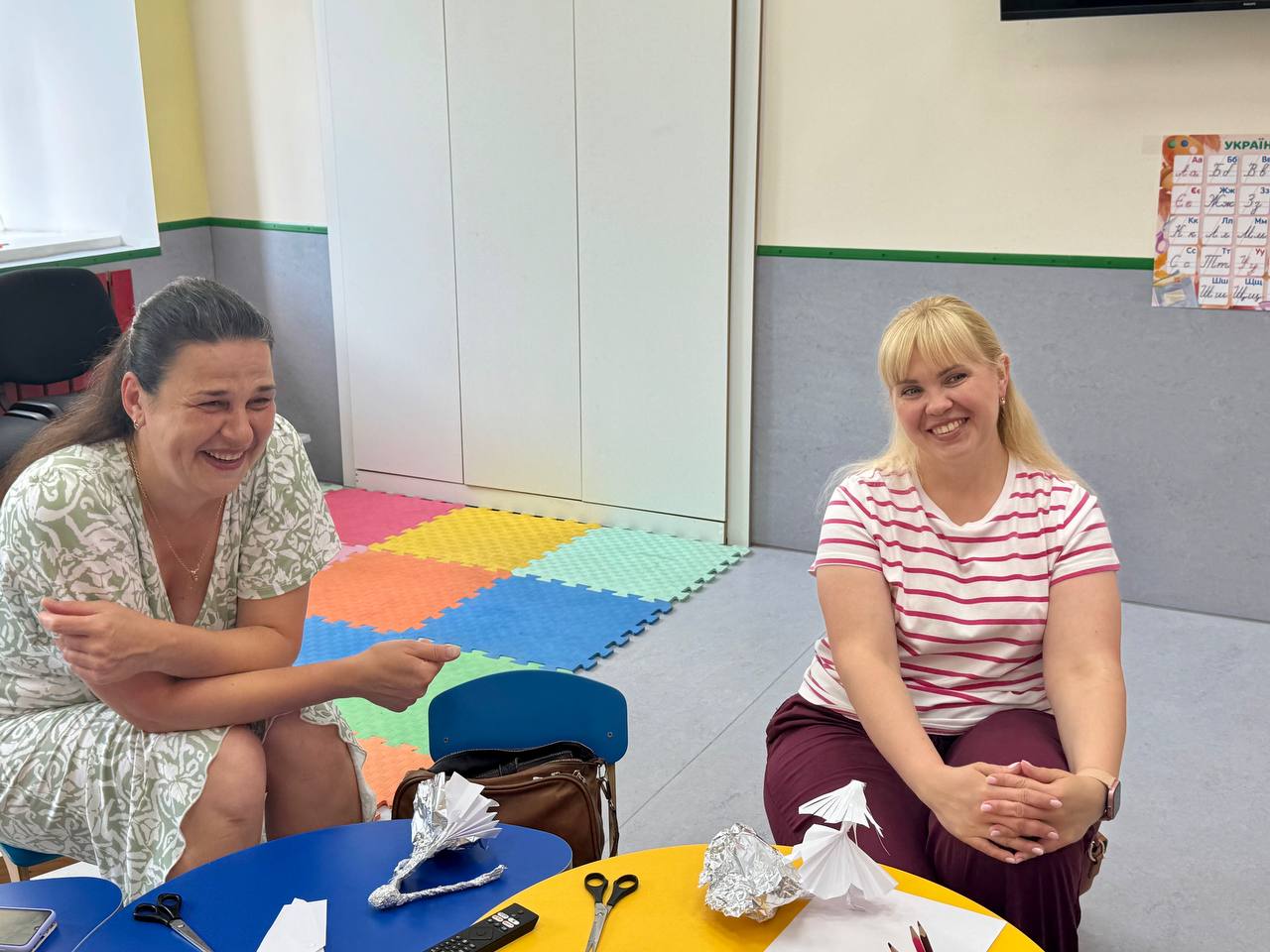
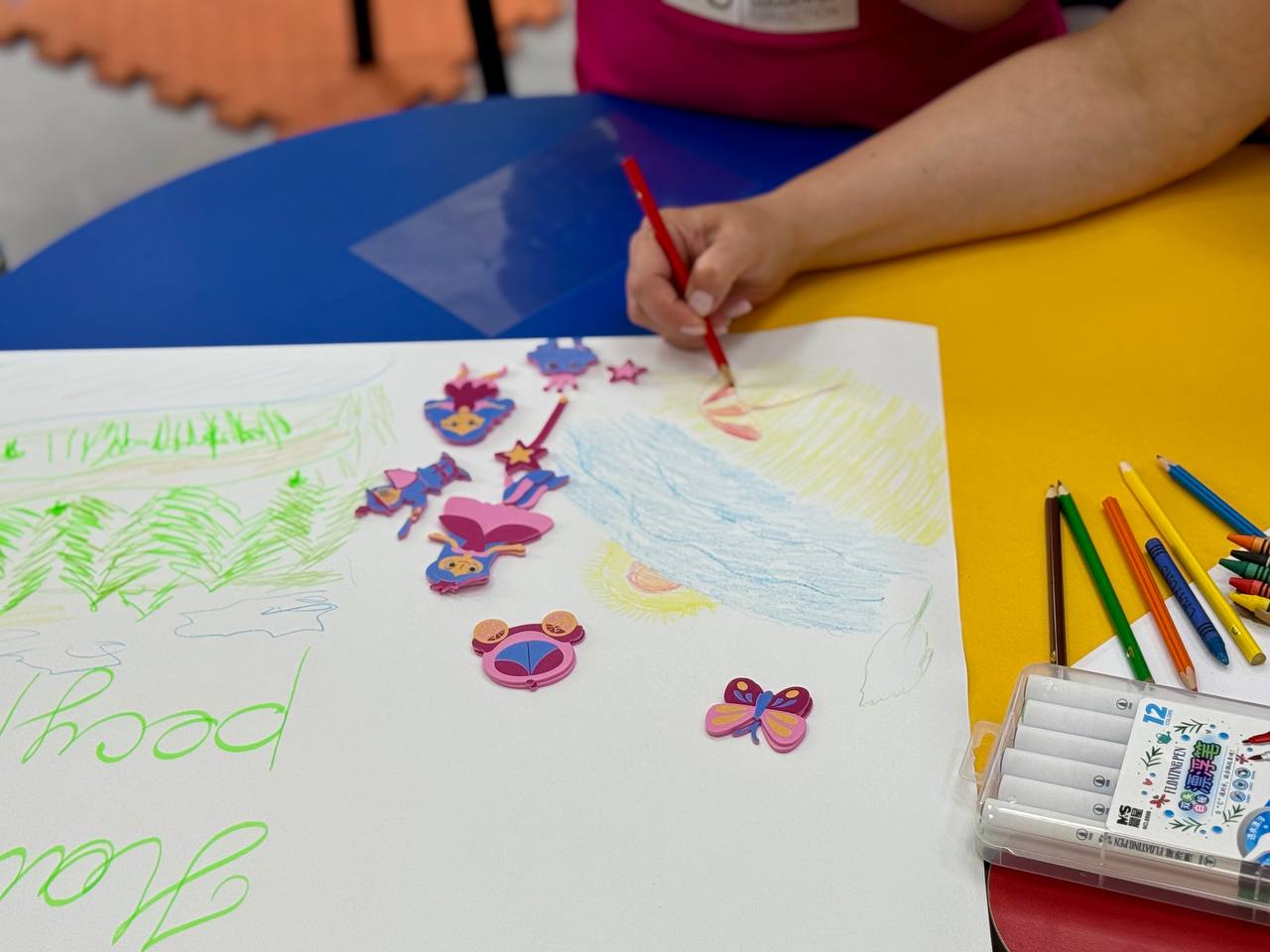
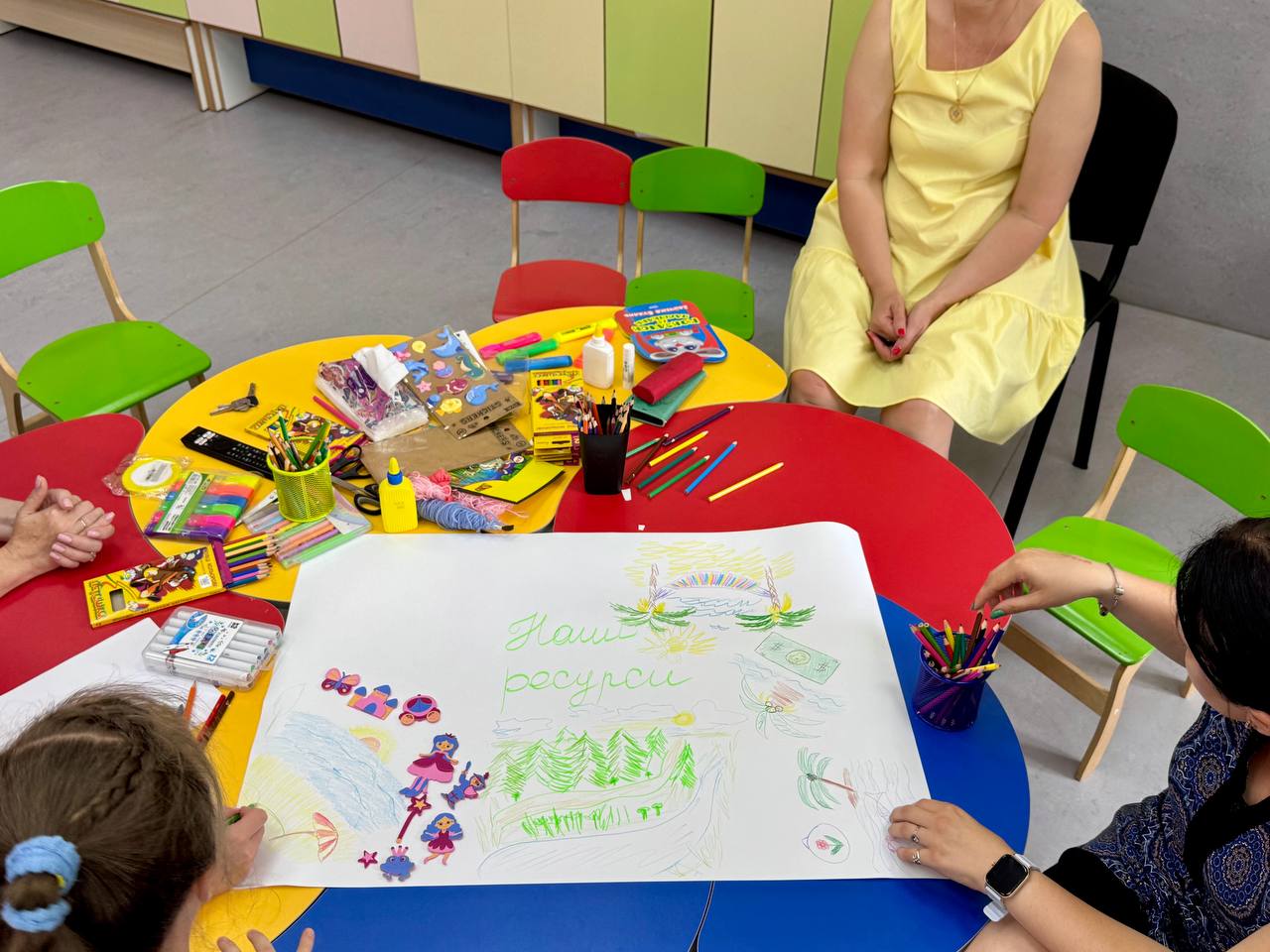
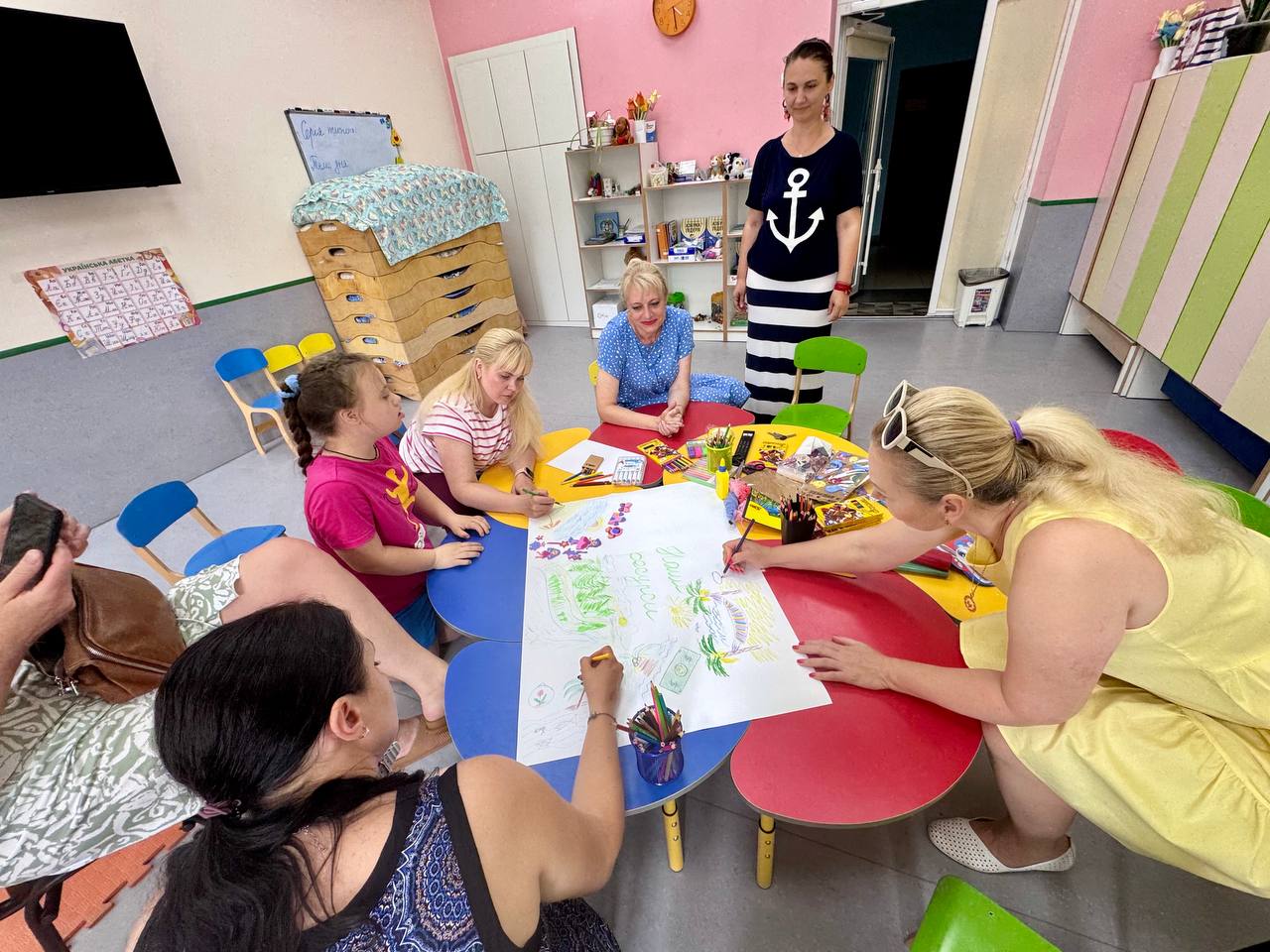
Such meetings are not just art therapy – they are spaces of acceptance, mutual support, and love, where everyone can feel important and heard. When science, art, and sincere desire to help come together, real rays of warmth are born – rays that can bring light even in the darkest of times.
Ahead lie new meetings within the “TRUST” project, dedicated to the deeper exploration of practices, discovering effective methodologies, and implementing new forms of support. Today, sincere and tangible support holds the most outstanding value, and for Ukrainians, it is vital.
Media Centre of
National University “Yuri Kondratyuk Poltava Polytechnic”



